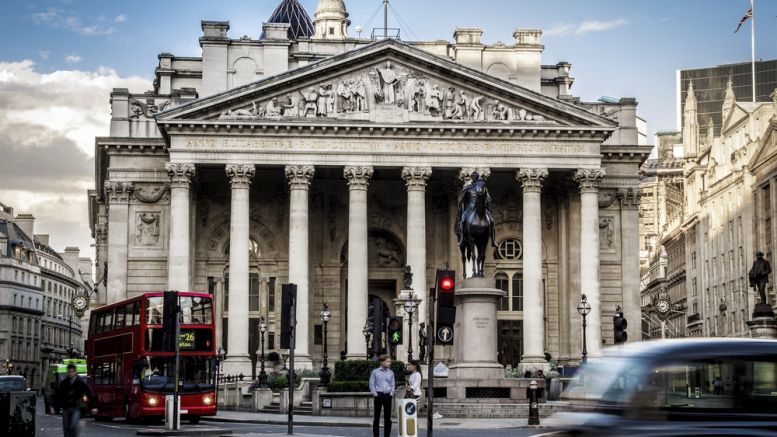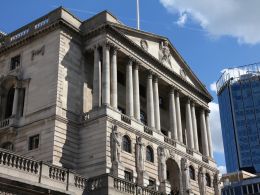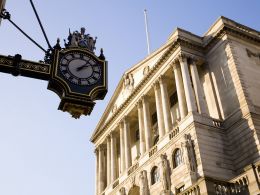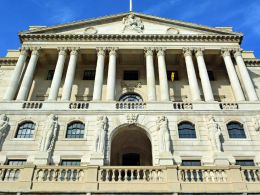
Bank of England Won’t Stifle Fintech Innovation Says Senior Central Bank Official
A senior central bank official has stated that the priority of the Bank of England is to create a regulatory approach to Fintech as it understands its impact, according to Reuters. Victoria Cleland, the BoE’s Chief Cashier, explained that the risks and advantages of digital currencies and blockchain were being assessed. This announcement by the BoE comes when policymakers in Britain want to know if London will remain the global centre for Fintech or if companies will move to other European countries instead. Cleland said that the BoE was working with firms in the Fintech sector to....
Related News
The Bank of England has announced that it is exploring new financial technologies by working closer with FinTech companies in order to boost cyber security and new payment systems. Mark Carney, the governor of the Bank of England, set out his remarks on FinTech and the consequences that it could have on managing the economy and financial stability. The move will include the launching of a FinTech Accelerator, which will work in partnership with FinTech firms on challenges that the central bank faces. He said: The Accelerator will work with new technology firms to help us harness FinTech....
The Bank of England has been one of the more aggressive central banks to investigate blockchain and distributed ledger technology, but at least one of its officials doesn’t believe widespread adoption will happen anytime soon. Andrew Hauser, the central bank’s executive director for banking, payments and financial resilience, made the remarks during a speech on the history of how the Bank of England developed its settlement systems over the past 20 years. His speech took place at the CREST Twentieth Anniversary Conference on 20th September, an event commemorating the launch of the UK-based....
A senior Bank of England official has poured scorn on the outlook of blockchain technology revolutionizing the landscape while seeing sweeping adoption, stating that it won’t happen anytime soon. Andrew Hauser, executive director for Banking, Payments and Financial Resilience at the Bank of England (BOE) does not believe that blockchain is going big anytime soon, despite the ever-present interest and investment being poured into researching and developing blockchain applications from companies across a variety of industries. Hauser delivered a speech [PDF] at the Crest Twentieth....
The Bank of England's CBDC-related job listings range from solution architect to senior manager. The United Kingdom’s central bank, the Bank of England, or BoE, still maintains that it is unsure on a path forward regarding a central bank digital currency, although the entity is looking to hire at least seven CBDC-related job positions. The job listings recently surfaced on the BoE’s job posting website. One such position searches for a “Stakeholder Analyst - Central Bank Digital Currency (CBDC).” As per the site, the bank is also searching for a project analyst, a solution architect, a....
Deputy Governor of the Bank of England Ben Broadbent has spoken out on the implications of a central bank digital currency (CBDC) for the financial system as we know it. In Broadbent’s lecture at the London School of Economics on March 2, he focused on what a central bank digital currency could look like, and potential economic implications of introducing one. Central Bank Digital Currency A CBDC could be issued by a central bank to widen access to the central bank’s balance sheet. Liabilities on the central bank’s balance sheet include banknotes and commercial bank reserves, and are the....





